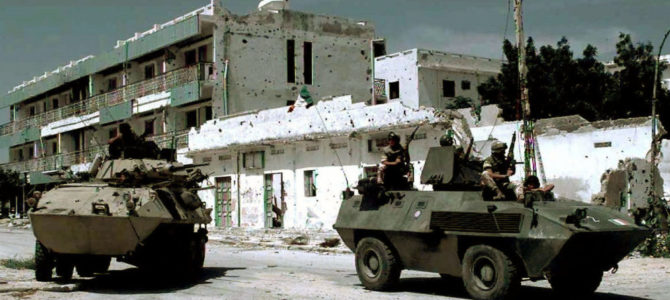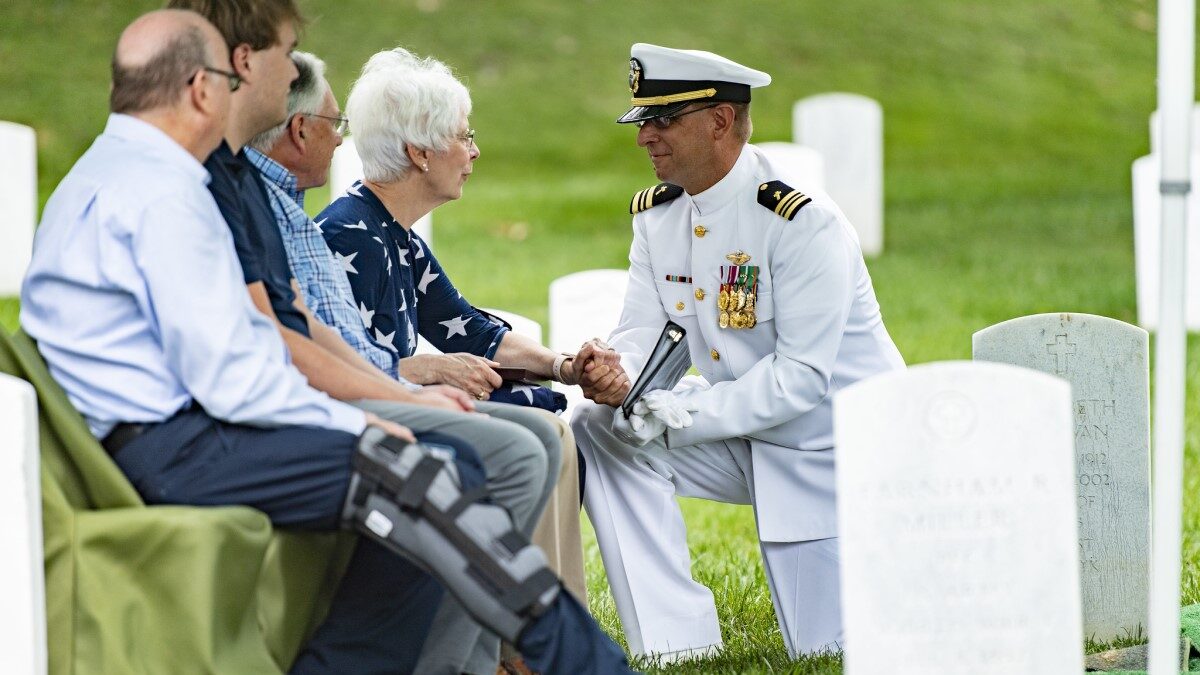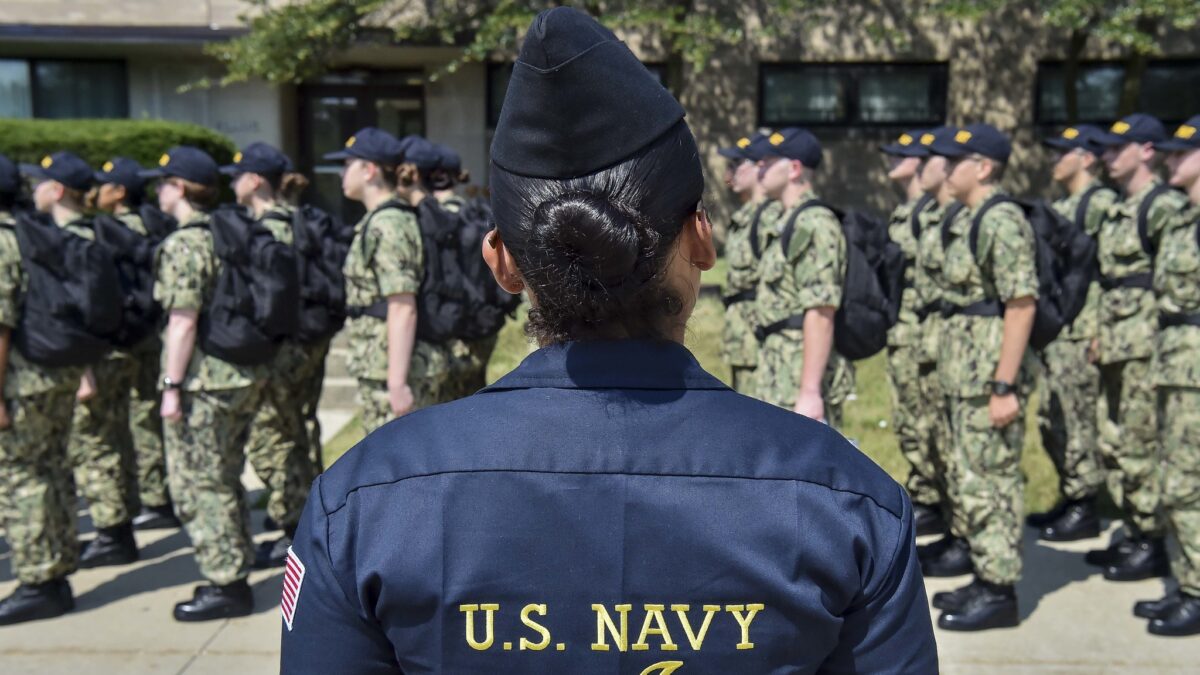
The Battle of Mogadishu began in the early afternoon of October 3, 1993, ending in the early morning of October 4. In the worst firefight for the U.S. military since the Vietnam War, 18 American soldiers were killed in action, with another killed days later in a mortar attack on the base housing the troops.
The day after the battle, Maj. Gen. William Garrison, commander of the special operations task force that fought in it, assumed full responsibility for the outcome in a lengthy write-up to the commander-in-chief. Later that year, Defense Secretary Les Aspin resigned in one of the shortest tenures at the post, with the Somalia debacle cited as one of the strikes against him.
The actions of both Garrison and Aspin seem relics of a bygone era, considering the recent dust-up in Afghanistan. Consensus is largely unanimous that the U.S. evacuation did not go well, although some supporters of withdrawal insist it would have always unfolded in this fashion.
However, the deaths of 13 American servicemembers due to a suicide bombing on August 26 recall “Black Hawk Down” and how the military leadership most closely associated with the tragic outcome were not only held accountable but did so voluntarily. Garrison, in his letter, went as far as to say, “President Clinton and Sec. Aspin need to be taken off the blame line.”
Currently, not a single U.S. leader, civilian or military, has assumed full responsibility nor resigned for the events in Afghanistan. Nobody on-scene responsible for coordinating the evacuation and securing the Kabul airport has followed in Garrison’s footsteps, to say nothing of uniformed leadership at the Pentagon. Outside opposition political circles, there is no indication Secretary of Defense Lloyd Austin is under any serious pressure to vacate his position.
Somalia Parallels
The intervention in Somalia in 1992 during the George H.W. Bush administration was intended to deliver humanitarian aid to the civil war-ravaged country. Like Afghanistan, over time, the operation turned into a nation-building exercise and the Clinton administration did not put the brakes on the mission.
Killings of United Nations peacekeepers and American troops and the mounting civilian death toll throughout 1993 culminated in the deployment of elite troops under Garrison. During the next six weeks, the troops sought out Mohammed Farah Aidid, the Somali warlord most implicated in attacks.
After the casualties at the Battle of Mogadishu, the United States rapidly downsized its mission in Somalia to cut costs and save face, eventually withdrawing the last personnel in March 1995. Aidid was never captured (though he died in 1996) and Somalia remains at war to this day.
As with the recently concluded mission to Afghanistan, the mission to Somalia in the early-to-mid-1990s was arguably a failure. It was a failure resulting from mission creep and policy creep, brought about by either misjudgment, negligence, or both by the military and civilian policymakers.
Arguments can be had over whether the United States should have stayed the course after the Battle of Mogadishu, but the key takeaway is, when the results were bad, leaders took responsibility. Garrison’s task force’s time in Somalia was only one-and-a-half months out of a mission that had lasted almost 10 months by that time, yet Garrison took the hit for the entire operation.
Aspin had been one of the voices inside the administration to warn the mission was getting out of control. He was maligned for not approving the deployment of armor to Somalia, which would have certainly spared lives, though questions remain whether it would have arrived before October 3. Likewise, Garrison did not request heavier firepower and was criticized for his seeming negligence, although the Clinton administration would have then been faced with having to convince people this was still only a humanitarian effort.
No Officers Lose Their Job in War on Terror
Since the War on Terror’s start in 2001, no high-ranking military officer has lost a job for bad results. A March 2008 resignation by Navy Admiral William Fallon, then-commander of Central Command, was the result of a magazine article suggesting daylight between him and President Bush.
The highest-profile resignation of the war was, arguably, that of Stanley McChrystal, who resigned over… a magazine article, this time for Rolling Stone. The only defense secretary to be held responsible in the last 20 years was Donald Rumsfeld, who resigned under pressure in December 2006. Then there was the resignation by Secretary Jim Mattis in December 2018 over a policy disagreement with President Donald Trump. Otherwise, it has been autopilot-on for the defense-national security establishment.
What does it take to get fired from the top echelons of American leadership? Magazine articles and a “generals’ revolt,” maybe. But a lack of progress in the war? Unnecessary loss of American life? Whatever.
On September 28, Joint Chiefs Chairman Gen. Mark Milley and Defense Secretary Lloyd Austin endured some of the toughest questioning by civilian policymakers of the war (although it came after the war ended). They defended their actions to the point of contradicting the commander-in-chief and throwing the State Department under the bus. But perhaps the most iconic remark came from Milley, speaking of the withdrawal as “a logistical success but a strategic failure.”
Setting aside the factuality of the statement, it is worth noting Garrison also considered his Oct. 3, 1993, mission a success. Yet he recognized the deleterious impact it had on the overall operation. So what is Milley, or any other military officer associated with the Afghanistan withdrawal, waiting for?
Even in the event of relief or resignation, neither Milley nor Austin is likely to pay any real price. Rumsfeld, Fallon, McChrystal, Mattis, and countless other leaders during the War on Terror enjoyed or continue to enjoy lucrative post-retirement lives, often as board members of big businesses.
Despite hitting a wall in his career, Garrison was able to serve stateside for three more years following the battle before retiring. Aside from occasional local appearances, he has spent his retirement living quietly in rural Texas. Aspin was able to quickly return to other work on two government study groups but passed away due to health problems in May 1995.
Both men landed on their feet but are forever personally saddled with the stain of loss in Somalia 1993. Will Milley and Austin be saddled with the stain of loss in Afghanistan 2021?









